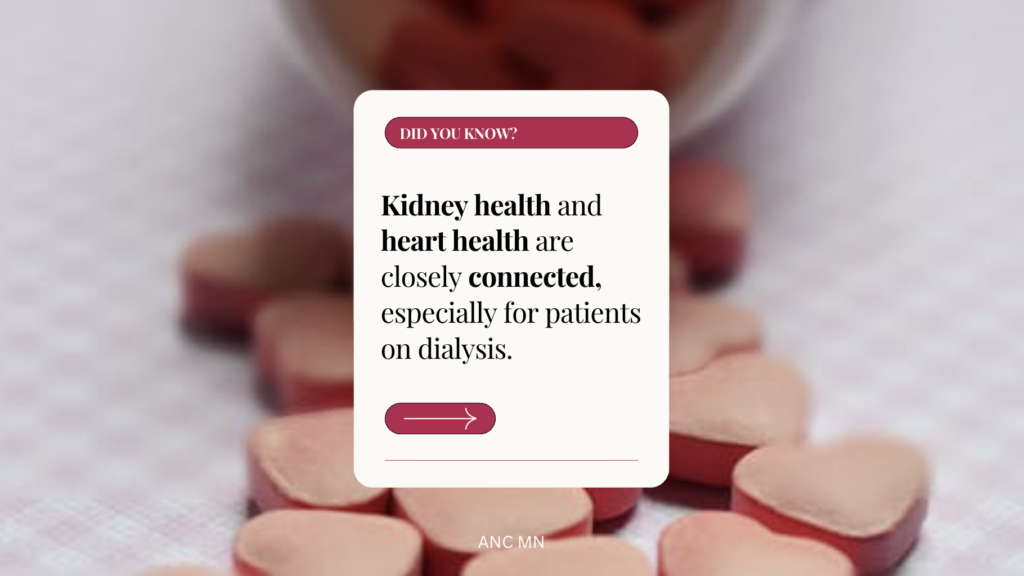April marks National Donate Life Month, a time to reflect on the profound impact organ donation
can have on both donors and recipients. With over 90,000 individuals waiting for kidney
transplants in the United States, the need for donors is more critical than ever. Despite the
25,000 transplants performed in 2022, many remain on the waiting list for years. In this week’s
blog, we seek to share the life-changing benefits of kidney donation, address common
concerns, and encourage more individuals to consider this act of kindness.
Transforming Lives
Kidney transplants can dramatically transform the lives of recipients. Often, people with failing
kidneys are dependent on dialysis – a more time-consuming and physically draining process.
Receiving a kidney transplant can allow individuals to experience an improved quality of life
almost overnight. With the average lifespan of a transplanted kidney being 10-20 years,
recipients can experience extended years of healthier, more active living.
The Donor's Journey
For donors, the process of giving a kidney is incredibly safe and well-regulated. Before
donation, an extensive workup ensures that the donor is healthy and the risk is minimal.
Donating a kidney does not shorten the donor's lifespan – a common misconception! By
donating, many individuals experience a deep sense of fulfillment knowing they have
significantly improved someone’s life.
In recent years, altruistic donations have been growing. An altruistic donation is when
individuals donate a kidney to someone they do not know. This form of donation accounts for
approximately 5% of kidney donations! Another popular route is kidney swapping – where
patients with incompatible donors swap kidneys to receive a compatible kidney. These two
methods have increased the number of successful transplants, enabling more people to receive
the life-saving organs they need.
The Impact of Donation
For recipients, a kidney transplant can mean the difference between life tethered to routine
dialysis treatment and life reclaimed, with the ability to work, travel, and enjoy family to the
fullest. In some instances for young women, it can even open the possibility of starting families,
something that might be challenging or risky with kidney disease.
Overcoming Hesitation
If you're on the fence about donating, consider the safety and care taken to ensure both donor
and recipient health. Most kidney donors nowadays undergo a laparoscopic procedure to
remove the kidney which typically involves just a couple of days in the hospital and allows a
quick recovery!
How to Get Involved
Interested individuals can start by maintaining good health and undergoing medical evaluations
to determine their eligibility for donation. The process of matching donors with recipients is
meticulous, taking into account many factors to ensure the best possible outcomes for both
parties.
Whether you're contemplating donating to someone you know or through altruistic donation,
your contribution means everything to those in need. Reach out to ANC today to learn more
about how you can pursue donation.
Thanks for reading!




